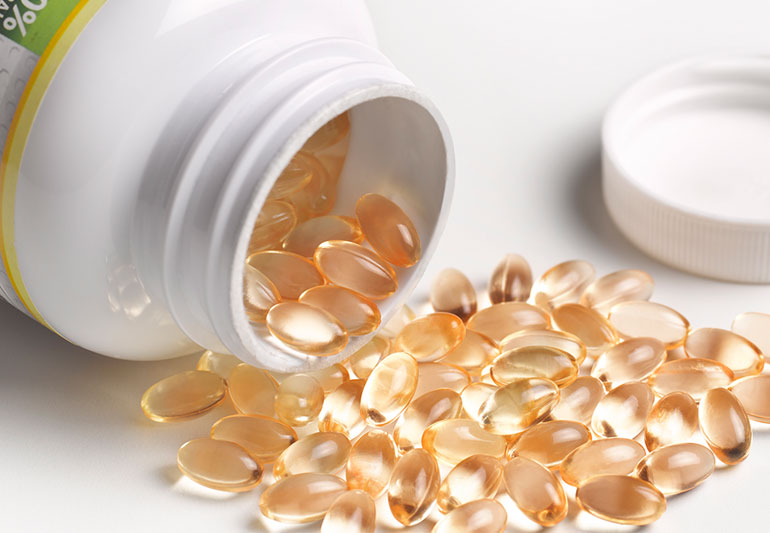Getting enough vitamin D is critical so children’s bones are strong and their immune systems can ward off disease. Many kids don’t seem to like these vitamin D superfoods, fortunately, store-bought milk is often fortified with vitamin D, as do many kinds of cereal and even orange juice. However, not all dairy products contain vitamin D fortifiers, so read the labels. In this article, we’ll be discussing the benefits and how much vitamin D should children take.
Vitamin D requirements for kids
- 1,000 to 1,500 IU a day for infants
- 2,500 to 3,000 IU a day for children 1 to 8 years old
- 4,000 IU a day for children 9 years and older
Vitamin D benefits
There are indications that vitamin D may actually help prevent certain diseases. Almost all of these studies were conducted in adults, so the results may not be generalizable to children. In most cases, studies to determine the association between disease risk and low levels of vitamin D have not been confirmed by well-designed clinical trials.
Bone strength
Children build bones throughout childhood and adolescence, so getting enough calcium and D during this time is critical. In rare cases, children can be so low in vitamin D that when their bones become weak and their legs crooked, they can develop a condition called rickets.
Improved immune system
Vitamin D also plays a vital role in the immune system. Vitamin D appears to protect against viral respiratory infections, which are especially important in preventing COVID-19.
Vitamin D for infants
Because the typical mother’s breast milk does not provide enough vitamin D for the infant, breastfed infants need vitamin D supplementation. 400 IU per day can be given directly to the baby, or the mother can take 5,000 IU per day (half the safe threshold), which will fortify her breast milk to provide enough vitamin D for the baby
Vitamin D for young kids
Children who are obese, dark-skinned, rarely go out or wear clothing that covers most of their skin may need supplements to ensure they have adequate vitamin D levels throughout the year. Strong bones remain the most significant benefit of vitamin D. However, vitamins can also support nervous system health, strengthen defenses against infections, and improve lung and heart health. If a child gets too much vitamin D from supplements and food, there are risks, including an increased chance of developing kidney stones. Parents need to calculate the amount of vitamin D their children get from fortified milk, other foods, and vitamin supplements to ensure that the total does not exceed.
Risks of not getting enough vitamin D
Vitamin D deficiency- Vitamin D deficiency can negatively impact a child’s growth, immune response, mental health and more, which is why proper treatment is important. Vitamin D is especially important during infancy and childhood because it is essential for the growth and development of the skeletal system. Vitamins play an important role in maintaining key body processes, low or insufficient levels of them can greatly affect your health.

















